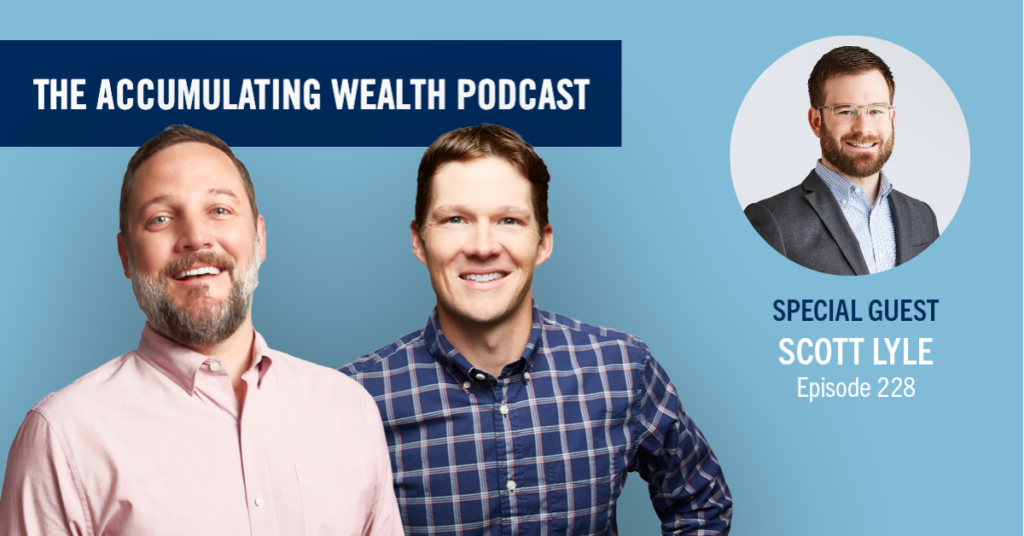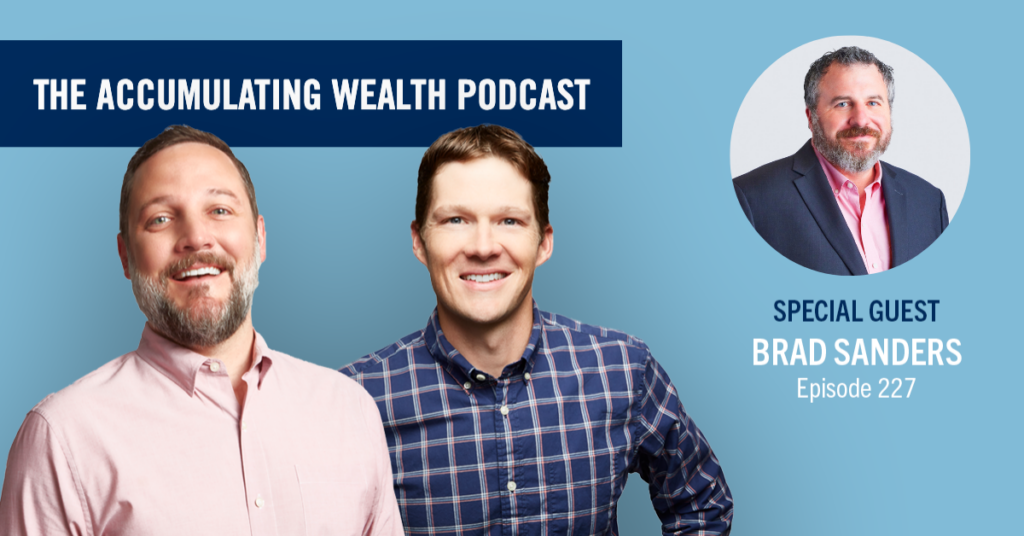What to pay off first in today’s high interest rate environment
Key takeaways
- In the current economic landscape, debt priorities remain the same; however, payment strategies warrant a new approach.
- Personal and business credit cards carry the highest interest rate, but it’s essential to consider any loans that have a variable APR. This is not ideal when rates are high.
- Despite volatility, there is still ‘good debt.’
- Ensuring you have adequate insurance coverage can help alleviate some stress.
We’ve become accustomed to debt—student loans for dental school alone can demand a six-figure loan be taken out. And then, as career and life progresses, there are practice loans and home and auto loans, on top of the credit card balances some carry.
Having a large sum of debt to carry around can feel stressful and weigh on the conscious, but debt can be a means to an end. Perspective is important when determining which type of loan to pay off first and which to not lose sleep over, says Financial Planner and CPA, Holly Grube.
“Just the act of acknowledging the debt and formulating a plan of attack offers a lot of comfort and reassurance,” she said. “There’s comfort in knowing that you are managing it and moving ahead in the best way possible.”
As high interest rates and stubborn inflation continue to reverberate through the financial news cycle (and consumers’ bank accounts), having a rock-solid debt repayment strategy is more important than ever. As the old axiom goes, “not all debt is created equal.” So the question is, does the current economic environment warrant a priority shift in what types of debt to pay off first?
According to Holly, the fundamental debt payment priorities remain the same as they did before the current economic instability; however, the strategies around how to approach paying each debt is where today’s economic situation factors in.
“The basic principle of paying down the debt that is costing you the most still rings true today,” says Holly. “But we have to look at good debt versus bad debt as well.”
HIGH PRIORITY DEBT
We are all familiar with “bad debt,” which includes credit cards, auto loans, credit lines and personal loans. But, right now it’s not as cut-and-dry as just paying off “bad” debt first. When looking at your debt portfolio, consumers need to consider:
- Interest rates, taking into additional consideration whether the rate is fixed or variable
- Pre-payment penalties
- Tax benefits
Short-term revolving debt like credit cards typically carry the highest interest rate of any loan vehicle, so it’s no surprise that prioritizing paying those cards down first will make a big difference in the amount paid out in interest each month.
The same holds true, according to Holly, for business owners who are carrying a balance on a business credit card.
“Even though there are some tax benefits to the interest paid on business credit cards, the interest rate can still be really high,” says Holly. “So wiping out any outstanding balances that have a high rate will free up money that can be applied to other business debt.”
Outside of the obvious debt with the highest interest, looking at loans that have a variable APR is another factor to consider when prioritizing which to pay first. A variable APR is not ideal when rates are high.
However, some loans people are carrying may be pre-inflation loans with a very low interest rate that was locked in. It may be smarter to continue the monthly payments in those cases, Holly said.
“If you were lucky enough to score one of those ridiculously low 1.9% APR loans from a car dealer, for example, consider prioritizing paying off other debt or investing the extra funds,” says Holly.
The other exception to paying off a loan early is if the loan has prepayment penalties. If it does, it’s a matter of weighing the cost of the penalties versus the interest you will save by paying the loan off early.
LOW PRIORITY DEBT
Now we are getting into the category of what Holly considers “good debt.” That is, debt that is helping dentists make more money. Loans that help dentists with purchasing a practice, expanding a current practice or adding new equipment are all examples of good debt.
Because the terms on business loans are typically favorable to dental practice owners, Holly has these loans lower on the list of early payment priority. She does, however, offer some advice to those seeking to open practice loans in this environment.
“The difference we are seeing in new business loans as opposed to a few years ago is in the fine print,” says Holly.
One example is bigger prepayment penalties. “Sometimes it’s better to pay a half percent higher on a loan that offers the flexibility to refinance when rates come down,” says Holly. “Go with one that has a good rate but also favorable terms for your unique situation.”
Another example of good debt, albeit a difficult pill to swallow for many, are student loans. The longstanding federal student loan payment pause expired September 1, 2023, meaning borrowers will start making payments in October. Unfortunately, there’s no chance of further payment pause extensions, due to a provision in the debt ceiling deal passed by Congress on June 2, 2023.
“While student loans are a controversial topic right now, the basic premise of taking out loans to invest in yourself is good debt,” says Holly. “Without it, many dentists wouldn’t be able to take advantage of the earning potential that a career in dentistry provides.”
Last on the list is paying off a home loan. Many homeowners are locked into low interest rate loans from before the run-up in 2022. Not only that, but even those who purchased in the last year or so are getting rates that are still relatively low from a historical perspective. Additionally, Holly says home loans offer tax advantages that lower the effective rate of the loan.
“If you have a home loan at 4%, the tax deduction on the interest brings your true cost of borrowing down closer to 3%,” says Holly. “Only if there are no other debts to be paid or financial goals to meet, then putting extra cash toward the principle may make sense. Otherwise, take care of any other financial goals first.”
CARRYING DEBT WITH YOU
One of the most important aspects of debt, especially in our current environment of high rates and even higher student loan burdens, is the heavy toll it can take emotionally. Holly says there’s more stress and shame now than prior to the pandemic, especially for younger doctors who are shouldering more debt than ever before.
Although there are some schools of thought that having any debt is bad, that’s not necessarily the case. Debt can be a justified means to an end. Creating a plan to pay off the debt strategically can help mitigate some of the stress that comes with monthly payments.
Ensuring you have adequate insurance coverage can help alleviate some of the stress of carrying debt as well. Doctors can take various debts into account when analyzing insurance coverages.
“You should be taking your debt into account when you’re picking insurance policies and it should provide you with some comfort that you have your bases covered in case the unthinkable happens,” she said.
Knowing your debt payment plan and the correct amount of insurance to carry is something a financial planner can help you navigate.
“Debt can be a difficult thing to talk about, but reaching out to a CPA or financial advisor is key to not only managing the debt, but mitigating the negative emotions it creates,” says Holly.
As specialists in the dental industry, CWA advisors are uniquely skilled at looking at the big picture, including the current interest rate environment, personal cashflow needs, and a doctor’s short- and long-term goals to find the best path forward. To connect with an advisor, set up your free consultation today.














